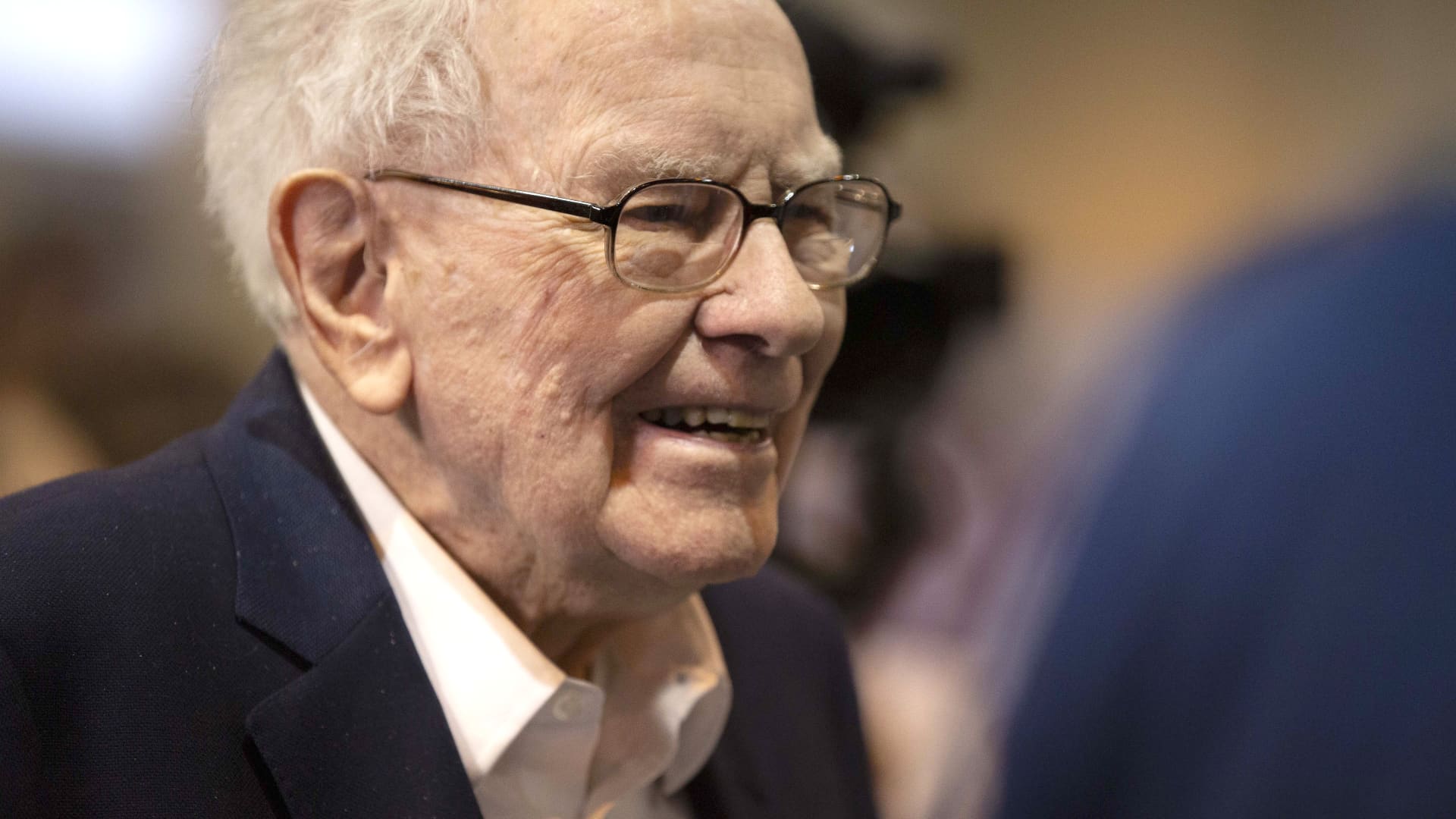The mystery surrounding Warren Buffett’s defensive financial strategy deepened over the weekend. The 94-year-old CEO of Berkshire Hathaway sold more stocks in the latest quarter and increased the company’s cash pile to a record $334 billion. However, in his much-anticipated annual letter, Buffett did not clarify why he has adopted this seemingly cautious approach, despite being known for his astute equity investments.
In the 2024 annual letter, Buffett emphasized that this stance does not signify a shift away from his preference for stocks. “Despite what some commentators currently view as an extraordinary cash position at Berkshire, the great majority of your money remains in equities,” he wrote. “That preference won’t change.”
Berkshire’s substantial cash holdings have sparked questions among shareholders, especially as interest rates are expected to decline from their multi-year highs. Buffett has previously expressed frustration over the lack of buying opportunities in an expensive market. Some investors have grown impatient and sought explanations for his actions.
Buffett reiterated that Berkshire will continue to favor equities over cash. “Berkshire shareholders can rest assured that we will forever deploy a substantial majority of their money in equities – mostly American equities although many of these will have international operations of significance,” he wrote. “Berkshire will never prefer ownership of cash-equivalent assets over the ownership of good businesses, whether controlled or only partially owned.”
According to the company’s annual report, Berkshire net sold equities for a ninth consecutive quarter in the final period of last year. In total, Berkshire sold more than $134 billion worth of stocks in 2024, largely due to the reduction of its two largest equity holdings—Apple and Bank of America.
Despite a significant increase in operating earnings reported by the conglomerate, Buffett has not found Berkshire’s own stock attractive enough to resume buybacks, having repurchased no shares in the fourth quarter or in the first quarter through February 10.
Buffett’s inaction persists amid a robust bull market, with the S&P 500 gaining over 20% for two consecutive years and remaining positive this year. However, recent concerns about a slowing economy, volatility from rapid policy changes under President Donald Trump, and overall stock valuations have emerged. Berkshire shares rose 25% and 16% respectively in the last two years and are up 5% so far this year.
Buffett hinted at stock valuations being a concern, writing, “We are impartial in our choice of equity vehicles, investing in either variety based upon where we can best deploy your (and my family’s) savings. Often, nothing looks compelling; very infrequently we find ourselves knee-deep in opportunities.”
In this year’s letter, Buffett endorsed Greg Abel, his designated successor, praising his ability to identify equity opportunities and comparing him to the late Charlie Munger. At last year’s annual meeting, Buffett announced that Abel, vice-chairman of non-insurance operations, would have the final say on all of Berkshire’s investing decisions.
Some speculate that Buffett’s conservative moves are not a market prediction but rather preparation for Abel, by reducing outsized positions and building up cash for future deployment. Buffett indicated he would be deploying capital in one area: the five Japanese trading houses he began purchasing nearly six years ago. “Over time, you will likely see Berkshire’s ownership of all five increase somewhat,” he wrote.
— news from CNBC
